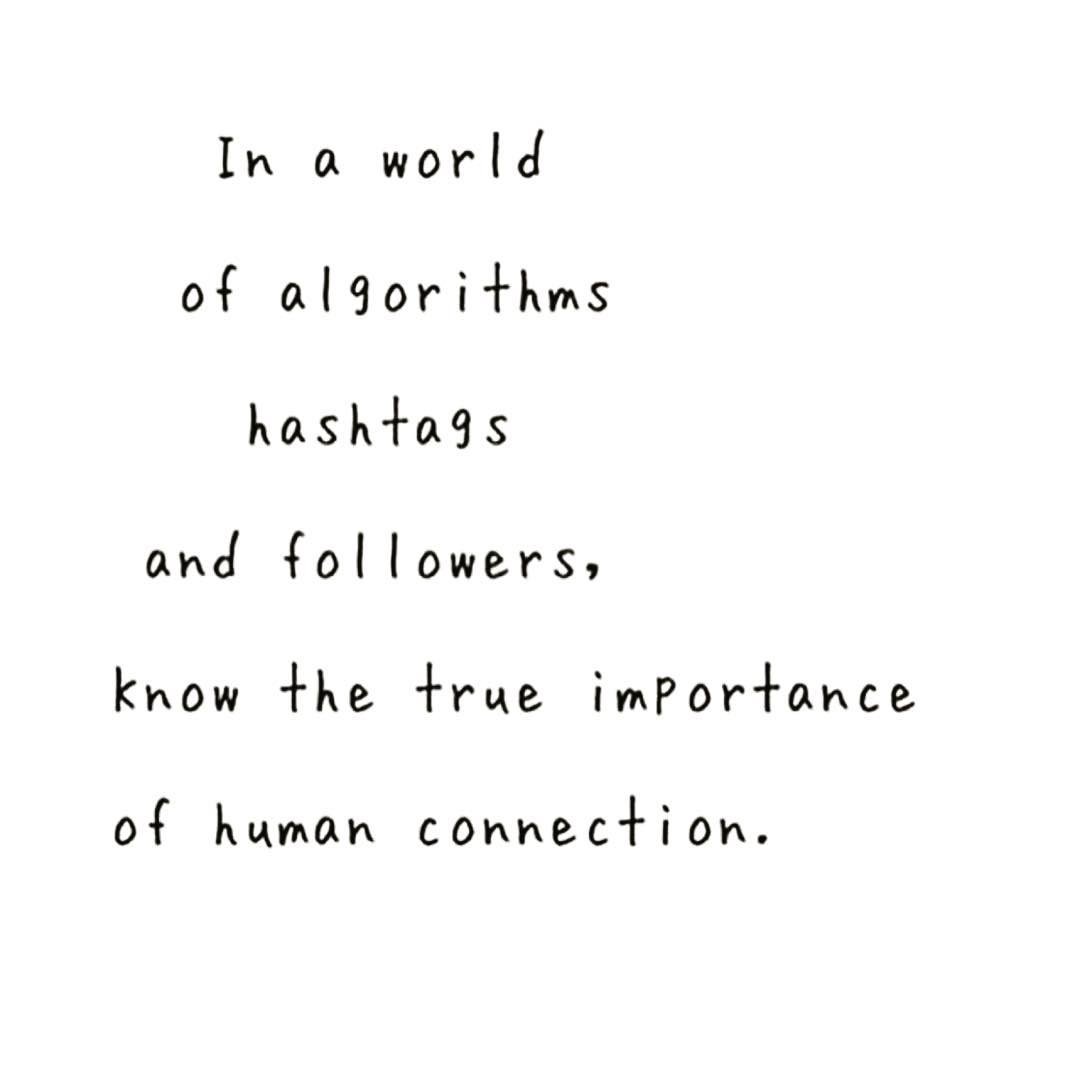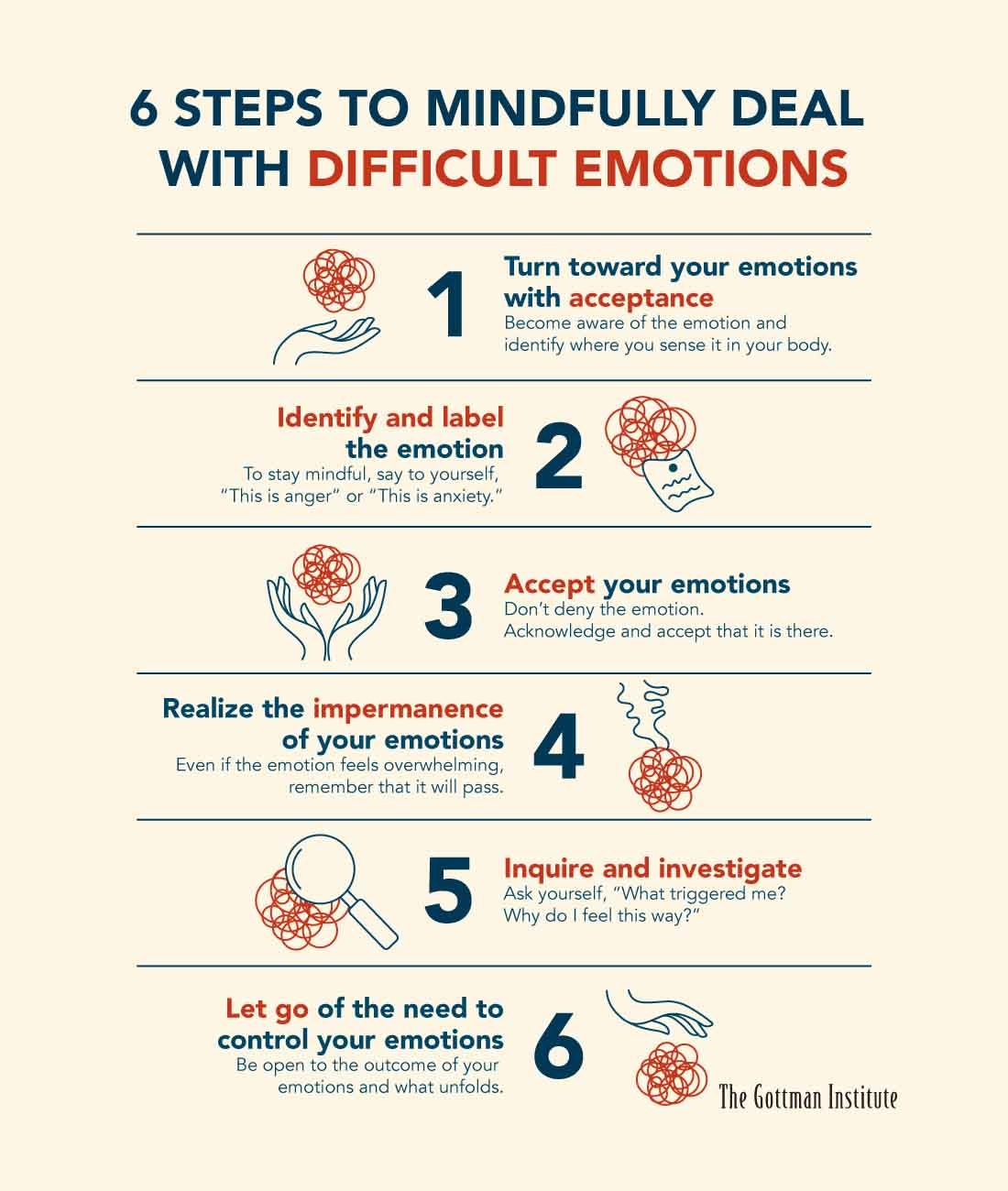#MentalHealthMatters: How Social Media is Changing Mental Health
Tik Tok, Instagram, and Reddit, oh my!
Have you ever been scrolling funny pet videos and suddenly you see some person in glasses talking about anxiety and depression??? Even if your pathways or algorithms aren’t configured to mental health or therapy content, therapists are on the social media scene to spread awareness, information, access, and encouragement to those thinking about asking for support.
Social media has become such a major part of our lives, it even knows what we are looking for. It’s the mind-reading we all wish our parents, friends, and peers knew how to do; except it’s called an algorithm. We spend so much time on Tik Tok, Instagram, Reddit, Facebook, and the other handful of ways to reach each other, that it’s become a central part of our lives.
There is a warning that is often echoed by our parents about social media. It’s likely you’ve seen it, you’ve felt it, and you’ve heard it before – social media can also harm us if we aren’t careful with what we are absorbing. And as you’ve probably seen in your Tik Toks and reels, therapists have caught wind of it all and are using it to their advantage in getting the word out. Normalizing mental health is a huge part of the work, and here we will name some ways that YOU can benefit your mental health in your social media scrolling.
The Therapist Toolbox
Therapists use many tools, techniques, interventions, theories, and even online therapy to help people. I personally use the power of story-telling through narrative therapy, which is common on social media as people share their accomplishments, life events, and even daily stories.
One of these tools, more recently, are social media accounts. You’ve probably seen the eclectic colors, fonts, and quotes turned into memes by various mental health accounts. Other popular tools used by therapists on social media include Tik Tok how-to videos, informational videos (e.g., psychoeducation), live streams, and providing video or webinar content to elevate your emotional awareness.
So how exactly are they helping? What’s the point? Below are some ways you might see counselors getting on the electronic airwaves to have you rethink your mental health.
#1
They talk about ways to cope.
Whether it’s the holidays, a depressive episode, trauma, or family struggles, therapists on social media are using their tools to arm you with information and skills about how to deal with it all. They might post about symptoms to be aware of, breathing techniques, or provide communication skills to help you manage tough relationships, thoughts, and feelings.
#2
They normalize your feelings.
Many times, when we are weighing whether to seek therapy, much of the hesitation comes from our own voices or the voices of those around us (aka family, churches, friends, cultural groups) that say otherwise. It might sound like “you are fine”, “this is just sadness”, “talk to a pastor”, “everyone feels that way”, or “someone has it worse”. Therapists with a platform on social media get the opportunity to send the message that your experiences and feelings are valid, and you’re worthy of being able to speak about them to someone you trust.
#3
They tell their own stories.
So many therapists have taken to social media to tell their own stories of chaos or triumph, which mirrors what might actually happen in the therapy room. While it’s your space to process, understand, and learn how to care for yourself, therapists often use themselves and their stories as vessels to hold hope for change (and make you feel like you’re not the only one on the struggle bus).
#4
They give you information you might not otherwise know how to find.
Like I mentioned earlier, so many teens and adults don’t know where to start in asking for what they need or being aware of themselves. Therapists bring themselves to a social platform to provide access to golden nuggets found in therapy, such as insight, what to know about your therapist, how to find a therapist or alternative ways of healing that can get you comfy with the lingo before you take off in your own therapy space.
#5
They invite you to know them, and ultimately to know what therapy is.
Do you ever feel a sense of fear when stepping into a new place (e.g., like the doctor’s office or a friend’s birthday party)? A therapy office can feel that way, especially if it’s your first time. Therapists on social media are usually active in their clinical work, offer consultation, or generate posts around what to expect in therapy.
While you may have seen shows where therapists are depicted as old and stuffy, in reality, most therapists are not that way! In session we chit chat, laugh with one another, celebrate wins, and develop a real relationship. From a humanistic approach like this, your therapist will view themselves as a partner in your journey, not the expert who holds all the answers to the challenges you face.
Therapists in the twenty-first century are keeping up with social trends, which means showing up in the spaces where people are to give them the right information, tools, and encouragement. Even today, going to therapy is still seen as a brave move. But, the more you talk about it and are exposed to what therapists and therapy are like the less it’ll seem like walking into a strange new room.
To learn more about how healthy social media use can help with your mental and emotional health, visit our teen therapy page for more information on individual teen services. Also, follow our social media channels to stay alerted with updates from our practice and each time we post a new blog!










